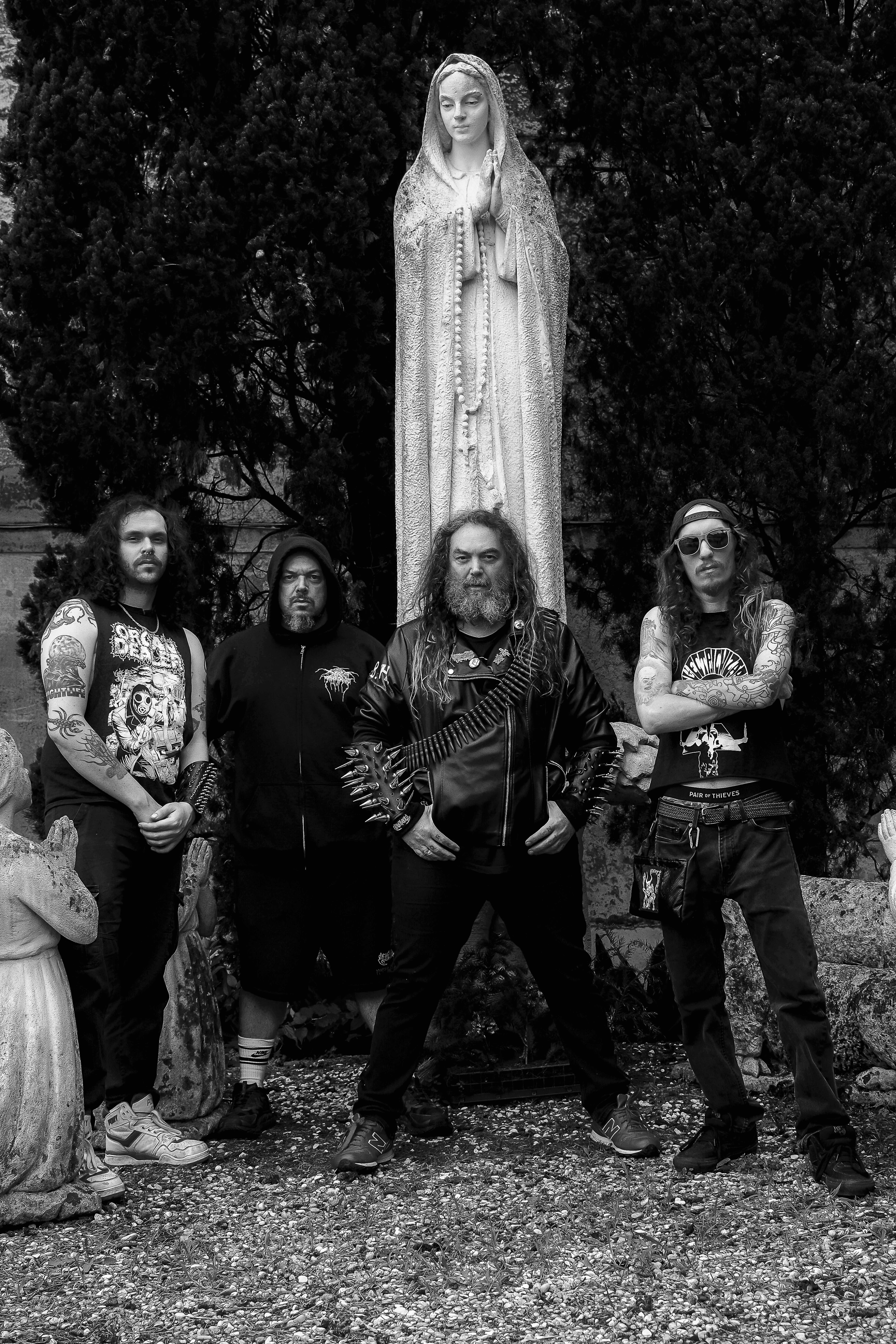For many people with diabetes, controlling their disease entails maintaining a delicate balance of blood glucose — or blood sugar — levels. This equilibrium is maintained by insulin, a hormone that works with glucose to transport nutrients into cells and energy out. Blood glucose levels may rise if there is insufficient insulin in the body, resulting in a condition known as hyperglycemia.
As the name implies, hyperglycemia is too much of a good thing, as it can lead to severe complications if left unchecked. It has the same effect as having too much of a good thing, as it can lead to significant health concerns. When the quality of insulin in the body is in excess, blood sugar levels may plummet, resulting in a condition known as hypoglycemia.
If you’ve tried everything else and still don’t feel better, CBD gummies UK may be able to assist. CBD has been shown to modulate insulin production and lower blood sugar levels. It can also boost your mood by raising serotonin levels in your brain. Brown’s CBD can also be a solution for these issues.
What is Hypoglycemia?
Hypoglycemia occurs when your body either does not create enough insulin or your cells do not respond to insulin. It causes a glucose imbalance, resulting in low blood sugar.
Hypoglycemia can make you feel hungry and weak. Hypoglycemia can be caused by everything from diabetes to drunkenness, but it can also be induced by taking certain prescription medications such as beta-blockers and insulin. Therefore it’s critical to address these symptoms as soon as possible.
What is CBD?
CBD, or Cannabidiol, is a naturally active molecule found in cannabis plants; however, it does not produce THC’s euphoric effects. It is crucial to understand that CBD products are not addictive and can give various benefits, including anxiety alleviation. Cannabidiol (CBD) is a synthetic compound present in marijuana plants. It is a synthetic cannabinoid.
There is currently little study examining CBD’s medical benefits. However, a preliminary study suggests that it may be beneficial in treating insomnia, chronic pain, and anxiety. It is non-addictive, which will not make you “high” like THC.
Can You Consume CBD For Hypoglycemia?
When you’re hungry, your body generates the hormone insulin to help you feel full and reduce cravings. It accomplishes this by reprogramming your body’s metabolism to begin using stored fat instead of glucose, causing you to feel complete. Unfortunately, when you have hypoglycemia, your body does not respond well to insulin, creating insufficient amounts. As a result, you experience hypoglycemia, making you hungry and tired.
There are numerous natural treatments for hypoglycemia. CBD aids in the reduction of inflammation, which may be contributing to your disease. As a result, your body will receive the nutrition and oxygen required to function correctly. Because of its anti-inflammatory qualities, CBD can be an effective treatment for hypoglycemia.
Furthermore, CBD is a neuroprotectant with a calming impact on both the brain and the body. This will make you feel more at ease and less anxious about constantly feeling hungry. This natural kind of stress reduction can help lower cortisol levels, making you feel fuller for more extended periods.
In addition to consuming CBD orally, different approaches such as vaping or topical therapies can be practical for naturally treating hypoglycemia with CBD. The best thing is that these procedures do not have any harmful side effects, unlike pharmaceuticals. One study discovered that those who used topical CBD reported an increase in weight and BMI after only three months because they could better manage their metabolism and exchange energy with other cells in their body using this strategy.
CBD is a cannabis derivative that many people use to alleviate chronic pain. CBD is a non-psychoactive component of cannabis. Therefore it will not get you high. And as previously said, CBD has numerous health benefits.
CBD for hypoglycemia can be an effective strategy to treat symptoms because it alleviates pain and inflammation without the adverse side effects associated with standard drugs. CBD relieves symptoms and stimulates your appetite, and restores metabolic equilibrium.
However, there are some possible downsides to utilizing CBD as a hypoglycemic therapy. It may, for example, take significantly longer to work than typical drugs, up to 24 hours or more. If you have an urgent need for relief that isn’t time-sensitive, this can make treatment inconvenient.
CBD Dosing for Managing Hypoglycemia
When people got hypoglycemia in the past, they went to the doctor for an insulin injection. Because insulin is a hormone that instructs your body to burn fat rather than store it, this can make you feel weak and hungry. Fortunately, natural therapies such as CBD may treat hypoglycemia in various ways.
CBD works by stimulating your endocannabinoid system, a network of receptors that regulate mood and hunger in your brain and body. When you consume CBD oil, it helps activate those receptors, causing you to feel less hungry because the hormone that makes you feel full is activated. CBD suppresses cravings without causing any adverse effects in this approach, as an insulin injection would.
CBD can be used to treat hypoglycemia in two ways: as a tincture or by vaping it in an e-cigarette vape pen. To use a medicine:
Place a few drops under your tongue and wait for them to dissolve before swallowing.
Slowly inhale till you feel better!
Fill an e-cigarette vape pen with liquid CBD oil if you use one (or even add some drops into the liquid).
CBD benefits in Other Conditions Related to Diabetes
Many people who have diabetes also have other health issues, and CBD may help regulate the symptoms of those disorders. These are some examples:
Sleeplessness: CBD has been shown to help treat insomnia, which affects up to half of the persons with type 2 diabetes. Improving your sleep can help you control your blood sugar levels, lowering your risk of diabetic complications.
Chronic pain and inflammation: CBD has been shown to effectively treat chronic pain and reduce inflammation, reducing the quality of life in people with diabetes and related disorders.
Blood pressure: CBD can lower blood pressure, lowering the risk of cardiovascular illness, which people with diabetes are predisposed to.
Conclusion
CBD may be a natural and healthy supplement to your diet for treating hypoglycemia. Taking CBD will allow you to feel more satisfied with your meal, despite the possibility of low blood sugar. For more information on whether you can use CBD for hypoglycemia, you can visit cbd news.
Many people with diabetes have found relief by utilizing CBD to treat their ailments. It has assisted them in better controlling their blood sugar levels and maintaining a healthier weight. Furthermore, CBD may not have the same adverse side effects as prescription medicines like insulin or Metformin. However, more research is needed to assess CBD’s safety for long-term use in diabetics.



